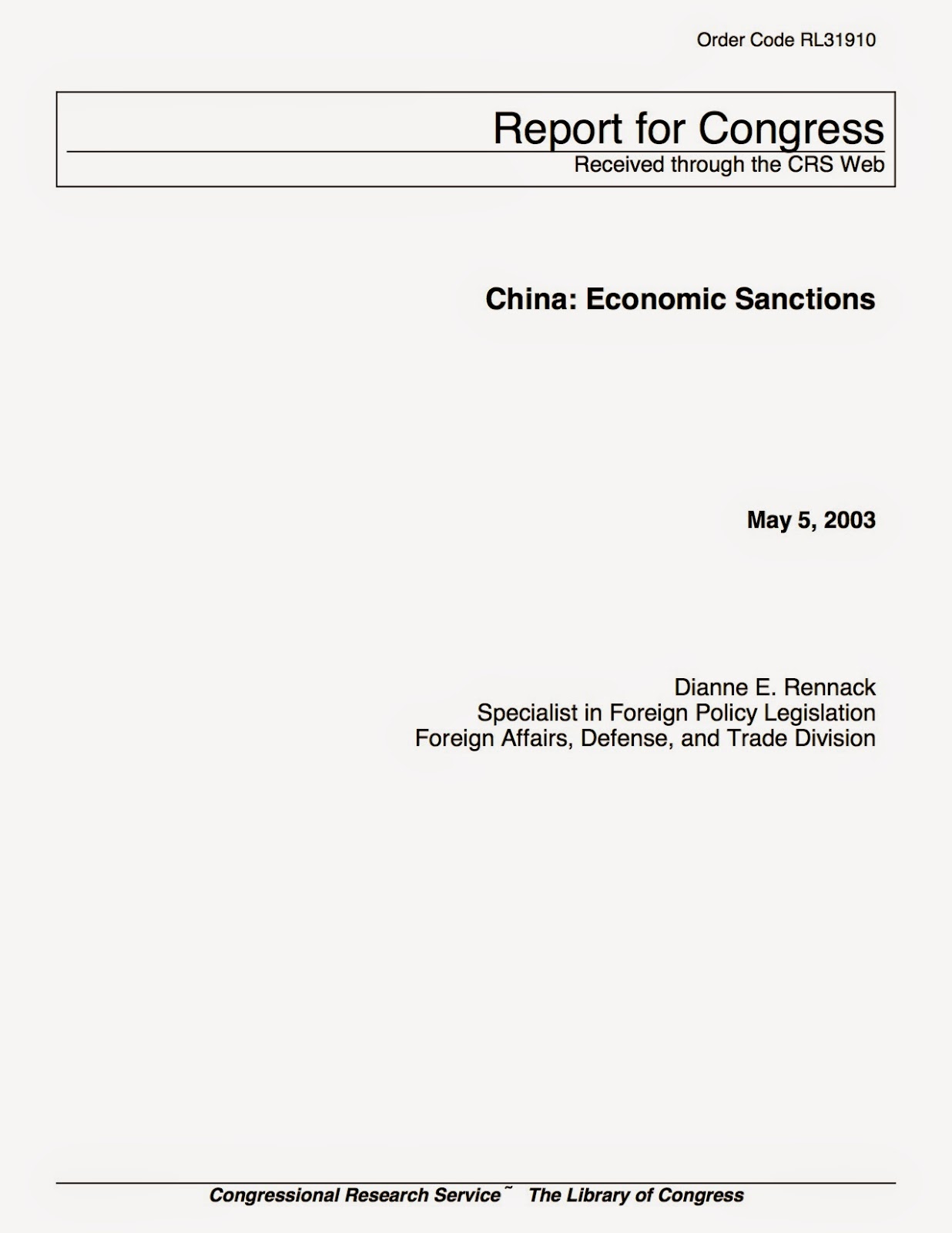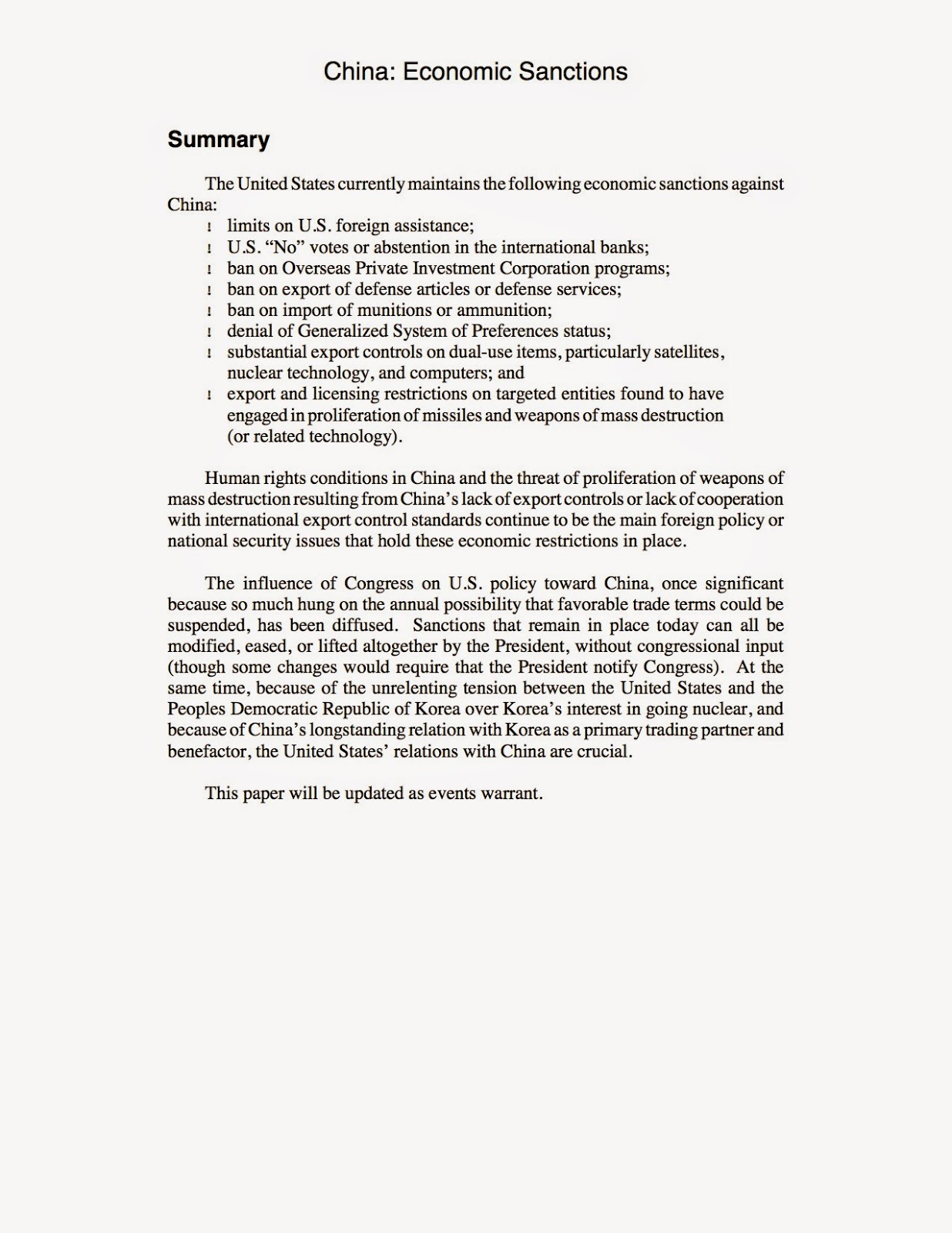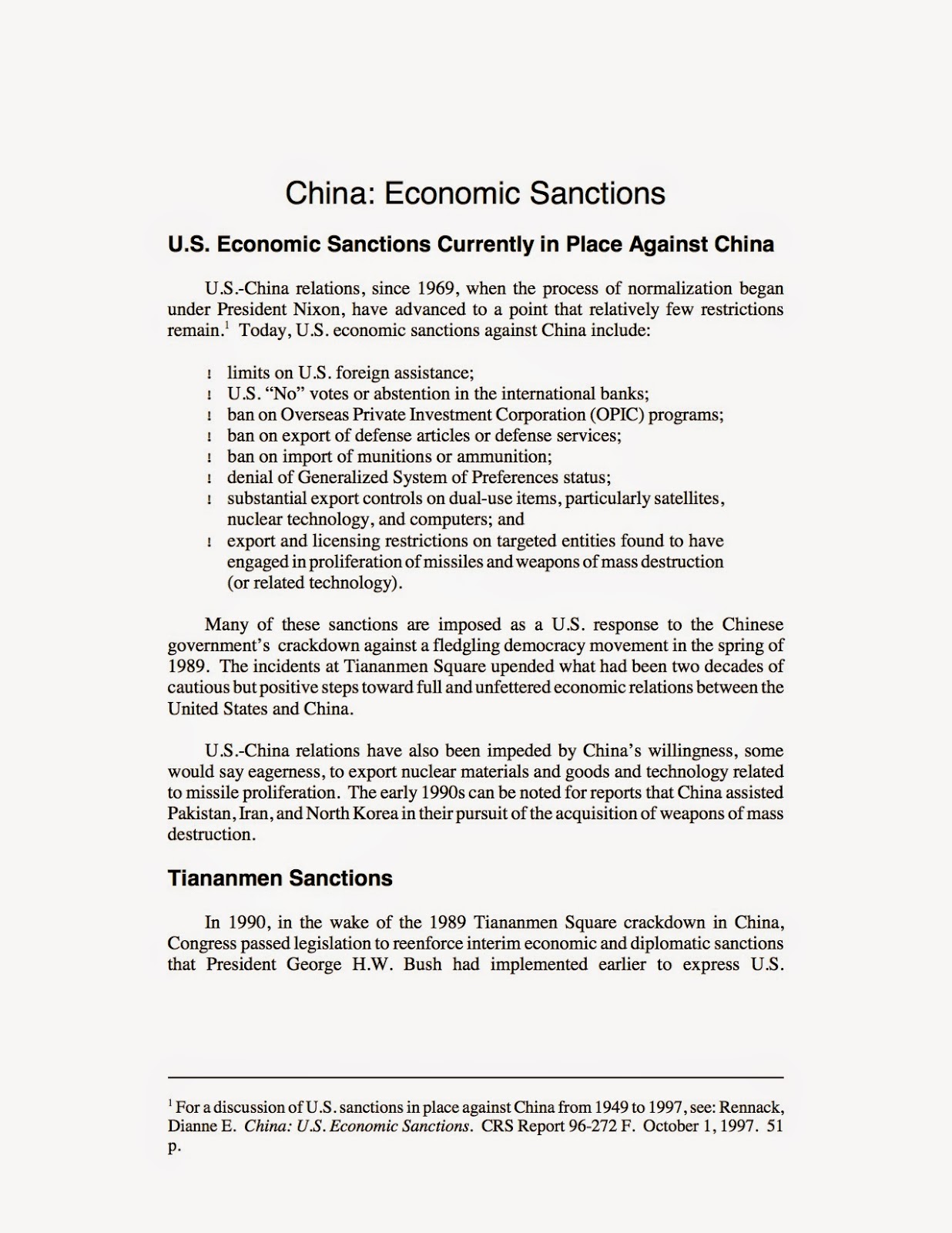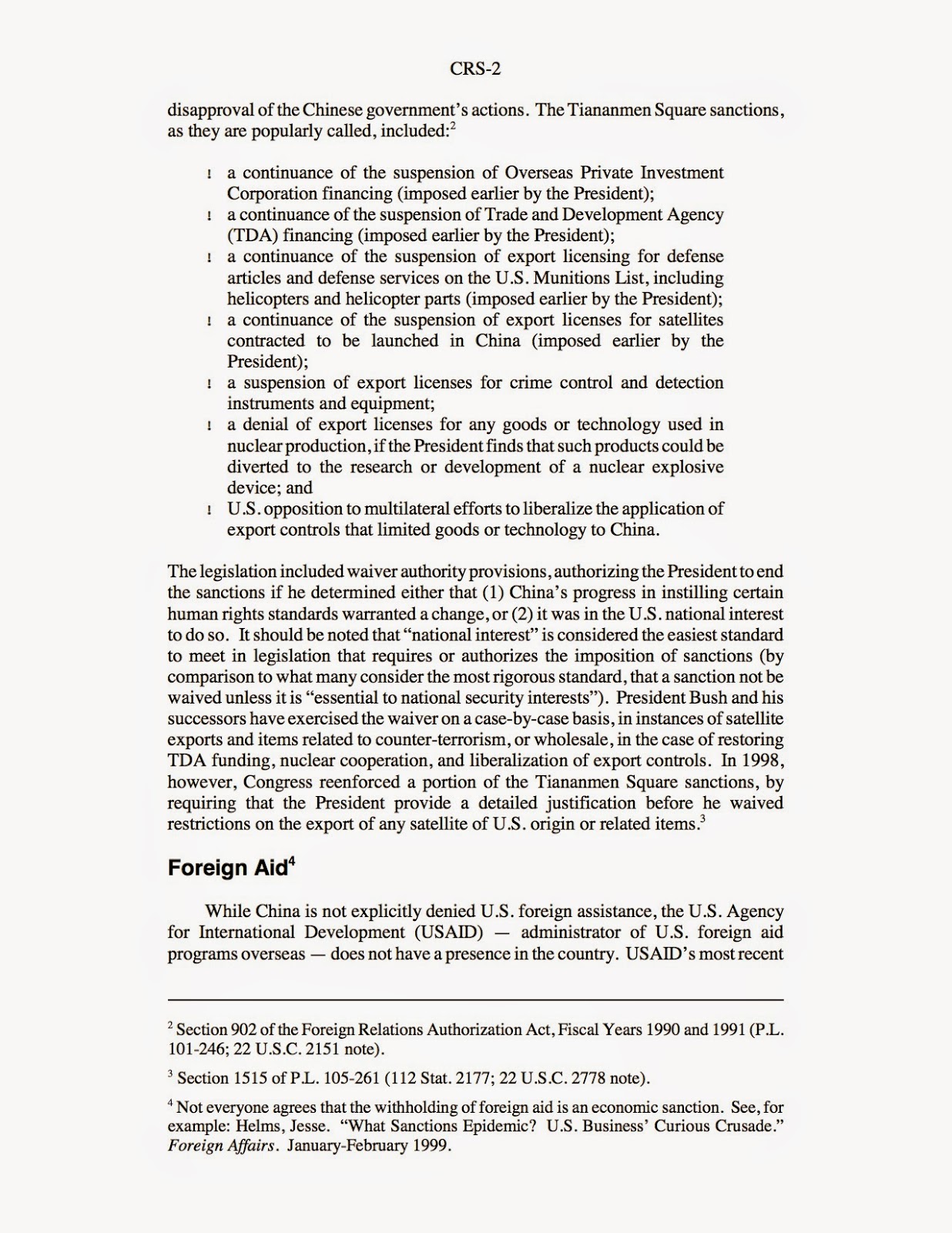22 September 2014
Of late, part of the Disinformation Campaign - has been to place OLD News Information in the Guise of it being Current News - but in the END -They ALL End Up Getting Burned - because I show them - that what was done back then, is still being done now, and in the case of being Heavily and Violently Targeting in Korea Town, Los Angeles, CA - What type of Traitor's 'THEY' have aligned themselves with.
Here is the Twitter Posting from the National Security Archives for Monday, Sep 22, 2014 - - a bit Retaliatory if you ask me... Since, this info article - dates back to 1998.
Of late, part of the Disinformation Campaign - has been to place OLD News Information in the Guise of it being Current News - but in the END -They ALL End Up Getting Burned - because I show them - that what was done back then, is still being done now, and in the case of being Heavily and Violently Targeting in Korea Town, Los Angeles, CA - What type of Traitor's 'THEY' have aligned themselves with.
Here is the Twitter Posting from the National Security Archives for Monday, Sep 22, 2014 - - a bit Retaliatory if you ask me... Since, this info article - dates back to 1998.
This 1998 Article from the Wall Street Journal is THE PERFECT Example of how -
INSIDER INFORMATION
Intimate knowledge or material non-public (privileged) information on the affairs, operations, or financial position of a corporation that will affect the market price of its publicly traded stock (shares). Unauthorized access to, or an attempt to benefit from, insider information is commonly a criminal offense. Also called inside information.
is being ABUSIVELY Utilized and/or Manipulated in order to Orchestrate, or Cover UP any number of criminal acts, in the Case of this Article to Obstruct Justice, by the CIA to Help their American Corporate counterpart via providing them with inside "investigative" information so the Corporation knows what to expect, thus allowing them to mount a counter defense, by way of destroying, fabricating, &/or altering documents, etc. - something that this State, Corporate and Academia Sponsored, Sanctioned, and the Systemic Covering Up of Crimes being committed on a daily basis by 'THEIR' - Nationwide Network of Recruited Residential and Community Civilian Domestic Street Terrorist in the form of Sleeper Cells, Informants, and Snitches.
INSIDER INFORMATION
Intimate knowledge or material non-public (privileged) information on the affairs, operations, or financial position of a corporation that will affect the market price of its publicly traded stock (shares). Unauthorized access to, or an attempt to benefit from, insider information is commonly a criminal offense. Also called inside information.
is being ABUSIVELY Utilized and/or Manipulated in order to Orchestrate, or Cover UP any number of criminal acts, in the Case of this Article to Obstruct Justice, by the CIA to Help their American Corporate counterpart via providing them with inside "investigative" information so the Corporation knows what to expect, thus allowing them to mount a counter defense, by way of destroying, fabricating, &/or altering documents, etc. - something that this State, Corporate and Academia Sponsored, Sanctioned, and the Systemic Covering Up of Crimes being committed on a daily basis by 'THEIR' - Nationwide Network of Recruited Residential and Community Civilian Domestic Street Terrorist in the form of Sleeper Cells, Informants, and Snitches.
Justice Department Examines Role Of CIA in Hughes's China Dealings
Updated Dec. 7, 1998 12:02 a.m. ET
WASHINGTON -- The Justice Department is examining whether the Central Intelligence Agency impeded an investigation of
Hughes Electronics Corp.'s
business dealings in China.
Investigators
are trying to determine whether CIA officials acted improperly when
they alerted Hughes Electronics that several current and former
employees likely were to be questioned by the Senate Intelligence
Committee in its inquiry into high-technology exports to China.
A
senior official says the CIA provided the committee with a list of
Hughes employees it considered knowledgeable about its dealings with the
Chinese. Therefore, this official says, the agency saw nothing wrong
with advising Hughes about what it had done. Hughes, a subsidiary of
General Motors Corp.
gm -2.28%
, has worked closely with the agency for many years in connection with the U.S. spy-satellite program.
Hughes
has been under congressional scrutiny since it was learned earlier this
year that the Justice Department was investigating whether valuable
technology was being acquired by China during launches of U.S.
satellites there, the senior official familiar with the matter said this
weekend.
At that time, one of the CIA's
China analysts, Robert Pandolfi, who in 1995 had been critical of
Hughes's marketing of technology in China, reminded his bosses of his
earlier concerns and wanted to relay them to investigators. According to
the senior official's account, the agency then made Mr. Pandolfi
available to the Justice Department as well as to the Senate
Intelligence Committee.
The official
stressed last weekend that the agency didn't suggest and had no reason
to believe the four or five Hughes employees on the list were involved
in anything illegal or even suspect. The official added the CIA gave
Hughes a "heads up" that it might be hearing from the intelligence
committee. The official insisted that the communication with Hughes
wasn't "intended to tip anybody off."
The
CIA, in what the official described as a routine communication, told
the Senate committee 24 hours later that it had informed Hughes. Upset
by the agency's actions, the committee asked for a Justice Department
investigation, which was reported by the Washington Post. But the
committee admits that it could be an honest mistake by the CIA
officials.
The Senate Intelligence
Committee had been one of at least a half-dozen congressional panels
looking into whether there has been any leakage of important U.S.
technology to China during U.S. satellite launches there. As a result of
the Justice Department probe, eight CIA officials, including the
agency's general counsel, are expected to appear this week before a
federal grand jury in Washington.
Bill
Harlow, a CIA spokesman, said this weekend that "We are cooperating
fully with the Department of Justice." Hughes declined to comment.
Meanwhile,
a special House committee which has been investigating technology
transfers to China is planning to wrap up its work and deliver a
classified report Jan. 2 to House Speaker Newt Gingrich. The panel has
been looking into a wide range of issues, including the sale of U.S.
supercomputers and Chinese purchases at public auctions of used U.S.
defense industry equipment, in addition to the satellite issue. The
panel is expected to release an unclassified version of its report
sometime in February, a committee spokesman said.
—David Rogers contributed to this article.
Here is the Introduction and Excerpts from a 2003 Government Accountability Report in reference to Ongoing Sanctions to China - NOTE bullet point from second page: "substantial export controls on duel-use items, particularly satellites, nuclear technology and computers; and"
U.S.-China relations have also been impeded by China's willingness, some would say eagerness, to export nuclear materials and goods and technology related missile proliferation. The early 1990s can be noted for reports that China assisted Pakistan, Iran, and North Korea in their pursuit of the acquisition of weapons of mass destruction.
Tiananmen Sanctions
In 1990, in the wake of the 1989 Tiananmen Square crackdown in China, Congress passed legislation to reenforce interim economic and diplomatic sanctions that President George H.W. Bush had implemented earlier to express U.S. disapproval of the Chinese government's actions. The Tiananmen Square sanctions, as they are popularly called, included:
Here is the Introduction and Excerpts from a 2003 Government Accountability Report in reference to Ongoing Sanctions to China - NOTE bullet point from second page: "substantial export controls on duel-use items, particularly satellites, nuclear technology and computers; and"
China: Economic Sanctions
Summary
The United States currently maintains the following economic sanctions against China
- limits on U.S. foreign assistance;
- U.S. "No" votes or abstention in the international banks;
- ban on Overseas Private Investment Corporation programs;
- ban on import of munitions or ammunition;
- denial of Generalized System of Preferences status;
- substantial export controls on dual-use items, particularly satellites, nuclear technology, and computers; and
- export and licensing restrictions on targeted entities found to have engaged in proliferation of missiles and weapons of mass destruction (or related technology).
The
influence of Congress on U.S. policy towards China, once significant
because so much hung on the annual possibility that favorable trade
terms could be suspended, has been diffused. Sanctions that remain in
place today can all be modified, eased, or lifted altogether by the
President, without congressional input (though some changes would
require that the President notify Congress). At the same time, because
of the unrelenting tension between the United States and the Peoples
Democratic Republic of Korea over Korea's interest in going nuclear, and
because of China's longstanding relation with Korea as a primary
trading partner and benefactor, the United States' relations with China
are crucial.
China: Economic Sanctions
U.S. Economic Sanctions Currently in Place Against China
U.S.
- China relations, since 1969, when the process of normalization began
under President Nixon, have advanced to a point that relatively few
restrictions remain. Today, U.S. economic sanctions against China
include:
- limits on U.S. foreign assistance;
- U.S. "No" votes or abstention in the international banks;
- ban on Overseas Private Investment Corporation programs;
- ban on import of munitions or ammunition;
- denial of Generalized System of Preferences status;
- substantial export controls on dual-use items, particularly satellites, nuclear technology, and computers; and
- export and licensing restrictions on targeted entities found to have engaged in proliferation of missiles and weapons of mass destruction (or related technology).
U.S.-China relations have also been impeded by China's willingness, some would say eagerness, to export nuclear materials and goods and technology related missile proliferation. The early 1990s can be noted for reports that China assisted Pakistan, Iran, and North Korea in their pursuit of the acquisition of weapons of mass destruction.
Tiananmen Sanctions
In 1990, in the wake of the 1989 Tiananmen Square crackdown in China, Congress passed legislation to reenforce interim economic and diplomatic sanctions that President George H.W. Bush had implemented earlier to express U.S. disapproval of the Chinese government's actions. The Tiananmen Square sanctions, as they are popularly called, included:
- a continuance of the suspension of Overseas private Investment Corporation financing (imposed earlier by the President);
- a continuance of the suspension of Trade and Development Agency (TDA) financing (imposed earlier by the President);
- a continuance of the suspension of export licensing for defense articles and defense services on the U.S. Munitions List, including helicopters and helicopter parts (imposed earlier by the President);
- a continuance of the suspension of export licenses for SATELLITES contracted to be launched in China (imposed earlier by the President);
- a suspension of export licenses for crime control and detection instruments and equipment;
- a denial of export licenses for any goods or technology used in nuclear production, if the President finds that such products could be diverted to the research or development of a nuclear explosive device; and
- U.S. opposition to multilateral efforts to liberalize application of export controls that limited goods or technology to China.






No comments:
Post a Comment